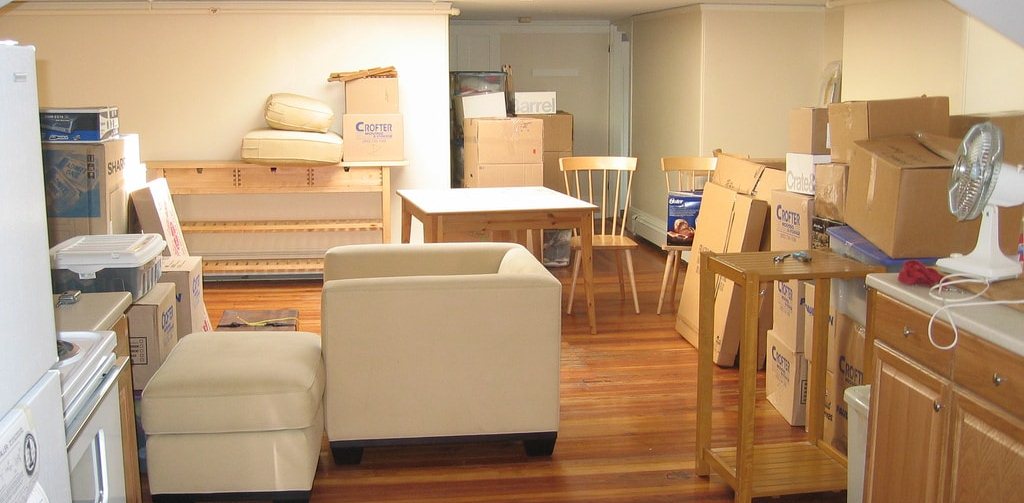Estimating charges for local shifting involves considering several factors. Here’s a breakdown of how moving companies typically determine the costs:
- Volume of Household Items: The primary factor influencing charges is the number of items to be moved. Larger homes with more possessions generally incur higher costs compared to smaller residences.
- Delicate and Specialty Items: If you have delicate or specialty items that require extra care and attention, movers may charge additional fees for their specialized handling and packaging.
- Packing Material Requirements: The quantity and type of packing material needed for your belongings impact the overall cost. Fragile items may require more protective materials, affecting the overall charges.
- Type of Vehicle: The choice of the transport vehicle is a key factor. The size of the truck needed to accommodate all your goods influences the cost. Some companies may also offer different vehicle options at varying prices.
- Additional Services: Services beyond the core relocation, such as disassembling and reassembling large items, may incur additional charges. This includes the labor involved in handling complex furniture or appliances.
It’s advisable to obtain quotes from multiple moving companies and request a detailed breakdown of the charges. This allows you to compare services and costs effectively. Additionally, consider getting an in-home survey from the moving company, as it provides a more accurate assessment of your belongings and helps in providing a more precise estimate.
